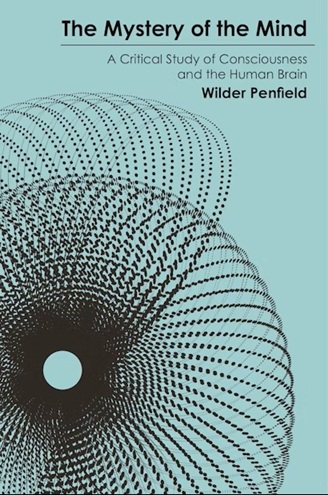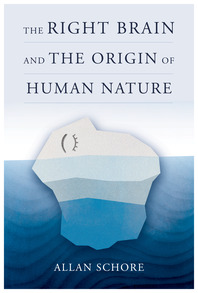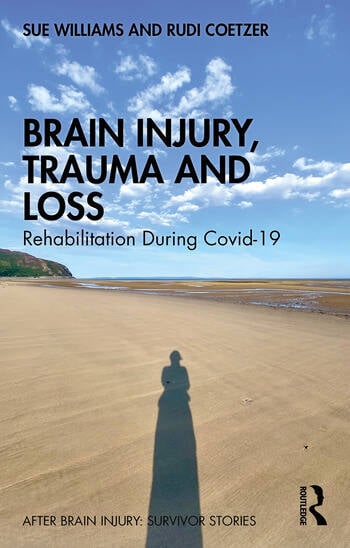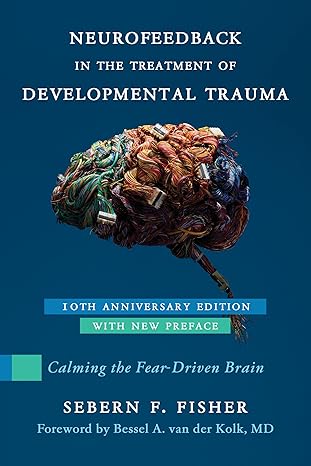The Logic of Self-Destruction: The Algorithm of Human Rationality

Book Details
- Publisher : Meyer Leboeuf
- Published : 2014
- Cover : Hardback
- Pages : 388
- Category :
Neuroscience - Catalogue No : 36884
- ISBN 13 : 9780992796105
- ISBN 10 : 0992796105
Also by Matthew Blakeway
The Logic of Madness: A New Theory of Mental Illness
Price £17.50
There are currently no reviews
Be the first to review
Understanding ourselves is the most complex problem that mankind has ever addressed. Figuring out whether time can flow backwards or why seagulls have yellow beaks is a cinch in comparison. Part of the problem is that a human brain is the most complex object that we have encountered in the universe. However, neuroscientists are inching towards the conclusion that a human brain is just a biological computer, so it must contain an algorithm that generates each human action. The logic of self-destruction decodes this algorithm using an unconventional multi-disciplinary argument. It starts with the assumption that a human is a robustly logical computational device, and then demonstrates that we can still account for everything a human does, including the utterly bonkers stuff. It is a radical reappraisal of human nature that treats humanity as a giant logic puzzle.
Emotions are not irrational; they are prerational biological action drivers. They are products of evolution by natural selection that drive survival enhancing actions. Almost all human emotions can be seen in chimpanzees. Even rats have compassion. The problem with humans is that, because they have language, they can think about emotions and actions in ways that a chimpanzee cannot. There is plenty of evidence that animals don’t have an idea of the future, but humans think about future emotions, so they calculate actions to cause emotional outcomes. In a chimpanzee, the emotion pushes the action, but in a human the action pulls the emotion – the causality is reversed. If we seek emotional outcomes, we need to understand our emotions. Our concepts of emotion are derived from behavior. These would correspond closely with biological emotions were it not for one problem: we perform tactical deception with emotional behavior. This causes our concept of an emotion to part company with its biological identity. We compute actions to achieve emotional outcomes with corrupt concepts of the emotion in question. The result is an action that does not enhance survival. Self-destructive actions are therefore rationally computed from corrupt concepts of emotion.
The book is anchored around a sequence of thought experiments that have a common structure. In each an individual or group of individuals live with modified emotional behavior that started with a tactical deception that then became habitual. From this, we can deduce how their concept of that emotion might become corrupt. Then we can deduce a form of self-destructive action that would rationally result from such a corrupt emotion. There are four basic ways that our understanding of an emotion can be corrupted, and each gives rise to a self-destructive action of a different form. Some of these thought experiments are attached as extracts. Once we have mastered this in an individual, we can look at individuals collectively. Applying the thought experiments to groups of humans, we can invent ideologies and religions and demonstrate that they have logical structures. Since beliefs cause us to modify our emotional behavior, they all become destructive to their believers. This is despite the fact that they are logical.
Reviews and Endorsements
Read a review of this title in 'Frontiers in Psychology'
Read a review of this title in 'Times Higher Education'
Customer Reviews
Our customers have not yet reviewed this title. Be the first add your own review for this title.
You may also like
The Mystery of the Mind: A Critical Study of Consciousness and the Human Brain
Wilder Penfield
Price £25.00
Neurofeedback in the Treatment of Developmental Trauma: Calming the Fear-Driven...
Sebern F. Fisher
Price £37.99








